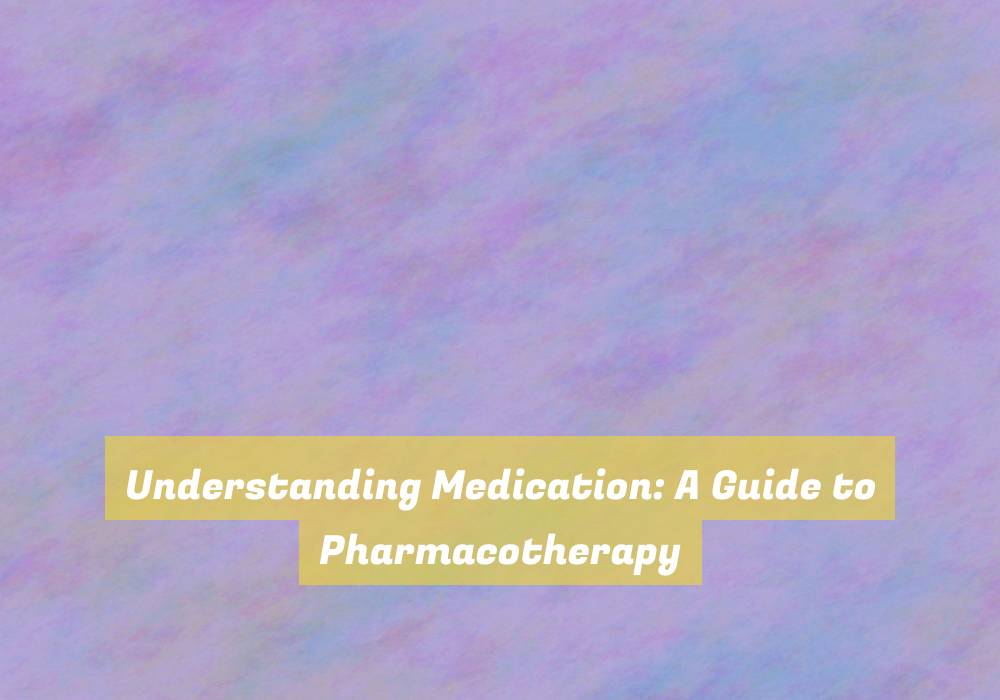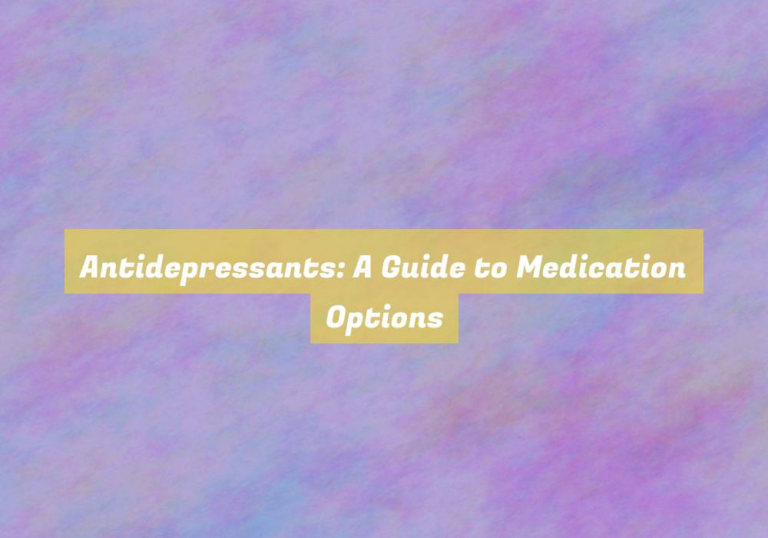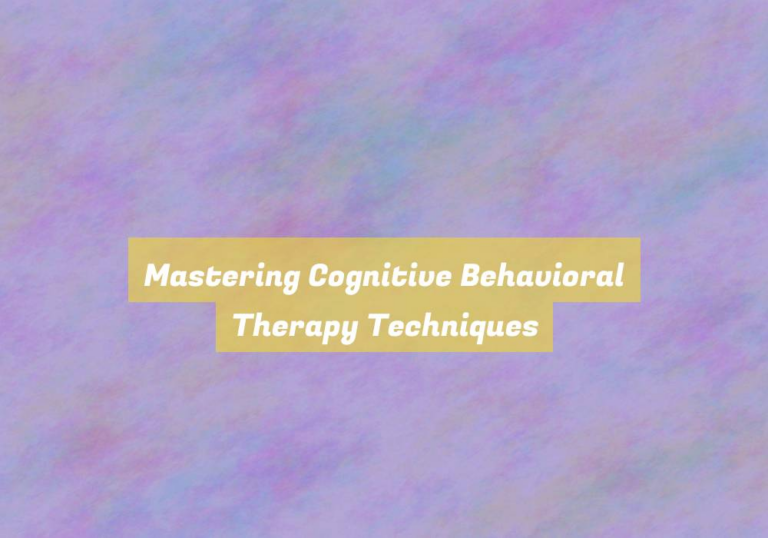Understanding Medication: A Guide to Pharmacotherapy
Understanding medication can be a complex and crucial component of managing your health. With the myriad of medications available, from antibiotics to antidepressants, navigating the world of pharmacotherapy can be overwhelming.
However, by gaining a deeper comprehension of medication classifications, mechanisms of action, and strategies for adherence, you can empower yourself to make informed decisions about your health.
This guide aims to provide you with a comprehensive understanding of pharmacotherapy, equipping you with the knowledge to navigate the world of medications with confidence and clarity.
The Fundamentals of Pharmacotherapy
What are the fundamental principles of pharmacotherapy and how do they impact patient care?
Pharmacotherapy, at its core, is the use of medications to treat and manage various health conditions. The fundamental principles of pharmacotherapy revolve around selecting the most effective medication for a patient, considering their individual characteristics such as age, weight, genetics, and other medical conditions. This personalized approach ensures that the medication isnG??t only effective but also safe for the patient.
Additionally, pharmacotherapy involves understanding the pharmacokinetics and pharmacodynamics of the medication, including how itG??s absorbed, distributed, metabolized, and excreted by the body, as well as its mechanism of action.
These principles impact patient care by optimizing treatment outcomes while minimizing adverse effects. By tailoring medication regimens to individual patients, healthcare providers can improve therapeutic efficacy, reduce the risk of adverse reactions, and enhance patient adherence.
Ultimately, the fundamental principles of pharmacotherapy play a crucial role in delivering personalized and effective care to patients, promoting better health outcomes and quality of life.
Understanding Medication Classifications
Understanding medication classifications is essential for applying the fundamental principles of pharmacotherapy to optimize patient care and treatment outcomes. Medications are grouped into various classifications based on their therapeutic effects, chemical properties, and mechanism of action. These classifications provide a systematic way to organize drugs, making it easier for healthcare professionals to understand their uses, potential side effects, and interactions with other medications.
One of the primary reasons for understanding medication classifications is to ensure safe and effective medication management. By knowing which class a medication belongs to, healthcare providers can anticipate its potential effects and tailor treatment plans to individual patient needs. Additionally, understanding medication classifications helps in identifying alternative medications within the same class if a patient experiences adverse reactions or doesnG??t respond well to a particular drug.
Furthermore, knowledge of medication classifications is crucial for accurate prescribing and monitoring of medications. It allows for better communication and collaboration among healthcare professionals, ensuring that patients receive the most appropriate and beneficial pharmacotherapy.
Mechanisms of Action and Drug Interactions
To understand how medications work and how they may interact with each other, itG??s important to grasp the mechanisms of action and potential drug interactions.
Medications exert their effects through specific mechanisms of action, which involve interactions with biological targets in the body. For example, some medications may work by binding to receptors on cells, while others may inhibit enzymes or alter the function of specific proteins. Understanding these mechanisms can provide insight into how medications produce their therapeutic effects and potential side effects.
When it comes to drug interactions, itG??s crucial to consider how different medications may interact with each other. Drug interactions can occur when two or more medications are taken together, leading to changes in their effects on the body. These interactions can result in increased or decreased drug levels, altered pharmacological effects, or enhanced risk of adverse reactions. Drug interactions can occur through various mechanisms, such as interference with drug metabolism, competition for binding sites, or additive pharmacological effects.
Being aware of the mechanisms of action and potential drug interactions is essential for healthcare providers to make informed decisions about medication therapy and minimize the risk of adverse effects for patients.
Strategies for Medication Adherence
Improving medication adherence is essential for maximizing the effectiveness of treatment and promoting positive health outcomes. By following a few key strategies, you can ensure that youG??re taking your medications as prescribed, leading to better control of your medical condition and overall well-being.
First and foremost, itG??s crucial to fully understand why youG??re taking each medication and what itG??s supposed to accomplish. Ask your healthcare provider to explain the purpose of each medication and how it fits into your treatment plan.
Setting up a daily routine for taking your medications can also greatly improve adherence. Try associating it with a regular daily activity, such as brushing your teeth or eating a meal.
Additionally, utilizing medication reminder tools, such as pill organizers or smartphone apps, can help you stay on track.
Open communication with your healthcare provider is vital. If you experience any challenges or concerns about your medications, donG??t hesitate to discuss them. Together, you can explore alternative options or adjustments to your treatment plan to improve adherence and ultimately achieve better health outcomes.
Conclusion
So, now that you understand the fundamentals of pharmacotherapy, medication classifications, mechanisms of action, and strategies for adherence, youG??re better equipped to manage your medication regimen effectively.
Remember to always consult with your healthcare provider before making any changes to your medication routine and to ask any questions you may have about your medications.
By staying informed and involved in your medication management, you can ensure the best outcomes for your health.







